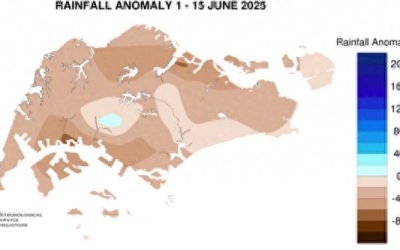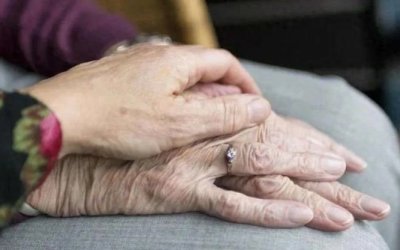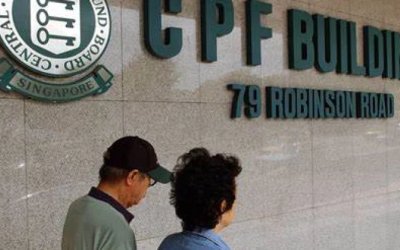We are studying more options for home care, via an ongoing pilot. Under "HPC+", seniors are assisted in their daily activities, and this also includes housekeeping services.
As of January 2024, there are 328 clients enrolled under the HPC+ pilot. We will evaluate the pilot by end-2024, before determining whether to expand it nationwide.
We thank Mr Henry Kwek for his query on the stay-in shared caregiving sandbox which was launched to mitigate the impact of shrinking family sizes on family caregiving. Under this sandbox, a shared caregiver assists a group of seniors living in public or private estates with their activities of daily living. This sandbox will be in place for at least a year until the first quarter of 2025.
MOH will review its outcomes and take Mr Henry Kwek's feedback into consideration when determining next steps, which we will announce when finalised.
MOH will also introduce standardised care assessments and progressively appoint bundled-services providers, so that seniors can enjoy more seamless care delivery. This reduces the need for multiple assessments and unnecessary referrals by different care providers.
For seniors who require further care in Nursing Homes, the median wait time for nursing home placement is around one month. In the interim, the Agency for Integrated Care (AIC) works closely with the seniors and their caregivers to make alternative interim care arrangements as needed.
These efforts will go some way to support families and caregivers. We want to make it easier for them to manage the cognitive and physical load of providing care for their loved ones at home. This includes senior caregivers who may be caring for senior family members.
In addition, we will provide caregivers with resources so that they can be supported in caring for their loved ones.
Since November 2023, caregivers have also been able to use their SkillsFuture credits for eligible caregiver training courses. This year, we will be enhancing the Caregivers Training Grant from the current $200 per year to up to $400 per year per care recipient, to subsidise the cost of caregiving training conducted by approved training providers. With these schemes, caregivers can receive more affordable and accessible caregiver training to help them care for their loved ones in the community.
I would like to assure Ms Carrie Tan that support for caregivers can be found in the community.
Today, caregivers can access the AIC hotline and online resources available on AIC's website, as well as a Care Services Recommender on the Support-Go-Where portal.
We will also progressively level up all AACs as community touchpoints to provide information and referral services. For example, families and caregivers can visit an AAC to discuss how they can obtain the appropriate care for their seniors. There are also nine AIC links located in public hospitals to provide caregivers who are planning for the discharge of their loved ones from the hospital.
AIC also runs CREST and COMIT teams that provides support for seniors and caregivers with mental health needs. For socio-emotional support, caregivers can also tap on the Caregiver Support Networks (CSNs) and WIN Caregivers Network by PA.
Chairman, we have an ambitious vision to be a society where we age well. We are rolling out plans in the community that enable seniors to live active lives. We are investing in infrastructure across neighbourhoods. We are supporting families in caring for their loved ones. But, ultimately, it is about the heartware, each of us looking out for one another, helping our seniors lead vibrant and fulfilling lives in the community.
新加坡国会丨来源
新加坡国会丨图源























